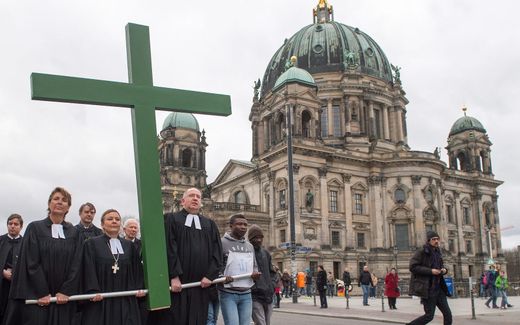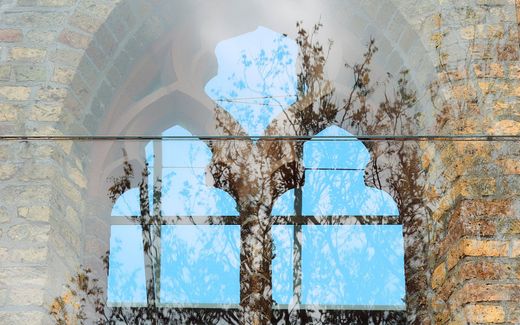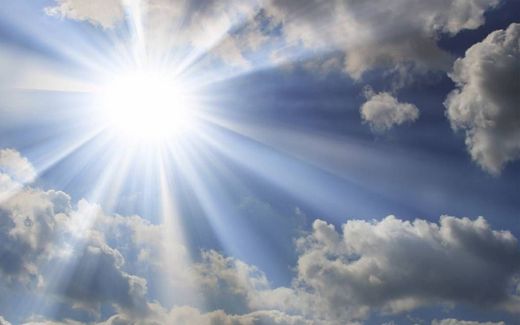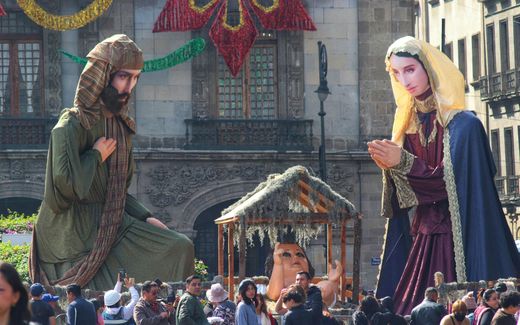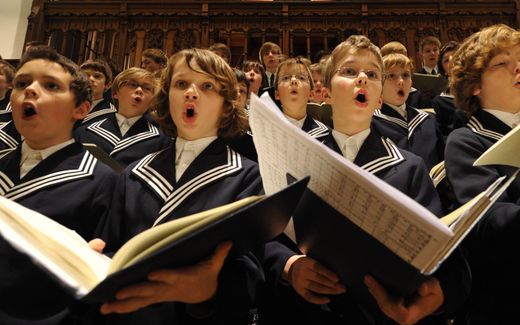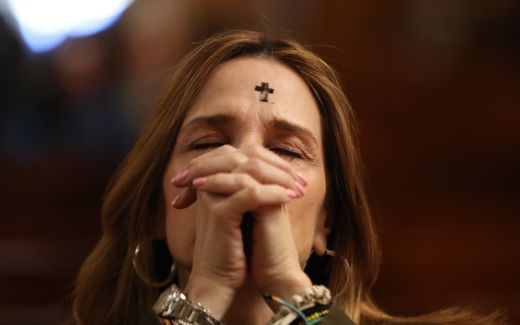Why people should know the meaning of Ascension Day and Pentecost
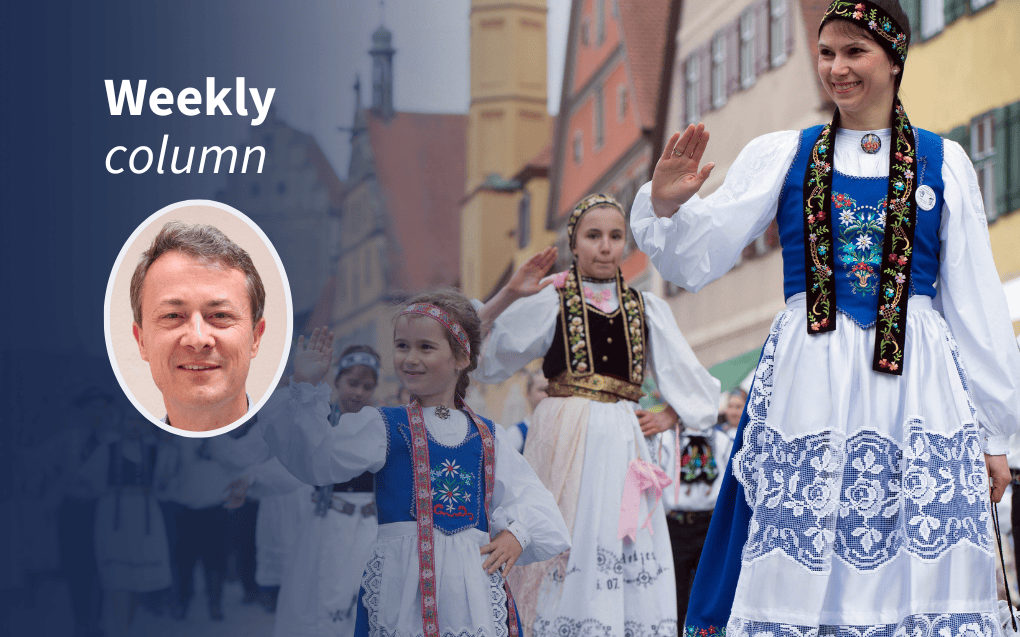
For many people Pentecost is a day of tradition and fun. Photo EPA, Timm Schamberger, Canva.com
Christian Life
Most people in Germany don’t know what Ascension Day and Pentecost mean. They see them as just another day off. Yet, these days are of crucial importance, Wolfgang Stock writes.
In Germany, Christians celebrated Ascension Day – the Thursday is a bank holiday. Many men celebrate “Father’s Day” soon after. And this year, Pentecost is on the same day, June 15. In addition, the Monday of Pentecost is also a bank holiday in Germany, as it is in many Western European countries.
However, most people in Germany don’t even know that these are church holidays — and they certainly don’t know what Christians have been celebrating on Ascension Day and Pentecost for many centuries. Surveys show that less than 40 per cent still mention the biblical occasion for Ascension Day at all, and half of Germans associate Ascension Day with Father’s Day rather than with Jesus’s ascension into heaven.
Without this day, there would be no worldwide Christian community.
The same applies to knowledge of Pentecost: 61 per cent do not know what is celebrated, and the figure is even lower among younger people.
Missionary mandate
Christian public holidays in Germany are increasingly becoming mere opportunities for extended weekends around Ascension Day and Whitsun. Calendars are scoured for so-called bridging days – with six days of holiday, you can take twelve days off from Ascension Day to Whit Monday, thanks to the public holidays.
Hardly anyone asks about the actual reason for these days off. For most people, they are simply “bonus days” in spring that can be used for excursions, family time or relaxation. The churches remain empty.
Nevertheless, Ascension Day is a central festival of the Christian faith. It is a reminder that Jesus Christ returns to God, His Father, after His resurrection – a sign that He is alive and gives us the task of taking His message into the world. It is a celebration of hope: although Jesus is no longer visibly among us, He is with God and remains close to us in spirit.
His ascension is the beginning of a new bond between heaven and earth. In the Gospel of Matthew, we read how Jesus gives His disciples the well-known missionary mandate before His ascension: “Therefore go into all nations and make disciples of all people, baptising them in the name of the Father and of the Son and of the Holy Spirit, and teaching them to obey everything I have commanded you. Be assured, I am with you always, to the end of the age.”
Many Christians commemorate this missionary mandate on Ascension Day, and it is also evident in many sermons and devotions in church services on the holiday.
Roots, history, and values
Pentecost is the feast of the Holy Spirit – the day on which the disciples of Jesus were filled with the Spirit of God and received the courage to take the good news to the whole world. This is why Pentecost is considered the “birthday of the church”: without this day, there would be no worldwide Christian community. The Holy Spirit unites us as Christians, giving us strength, comfort and direction.
With the decreasing awareness of the significance of these holidays, we are losing more than just religious knowledge. It is about our roots, our history, and the values that characterise our coexistence. The holidays are not just relics from the past but invite us to pause, reflect, and reorient ourselves. They remind us of hope, community, reconciliation, and the mission to live in love and peace.
Can we succeed in recalling the original meaning of these days? Personally, I am sceptical and rather expect politicians to abolish one or even several public holidays with ecclesiastical roots. There are already corresponding demands from business organisations – because, according to estimates, an additional working day could generate up to ten billion euros (or 0.25 % of gross domestic product, i.e. economic output). That’s a lot of money in times of tight budgets.
And there is another argument: compared to other Europeans, Germans work fewer hours – because of the many public holidays...
Related Articles


